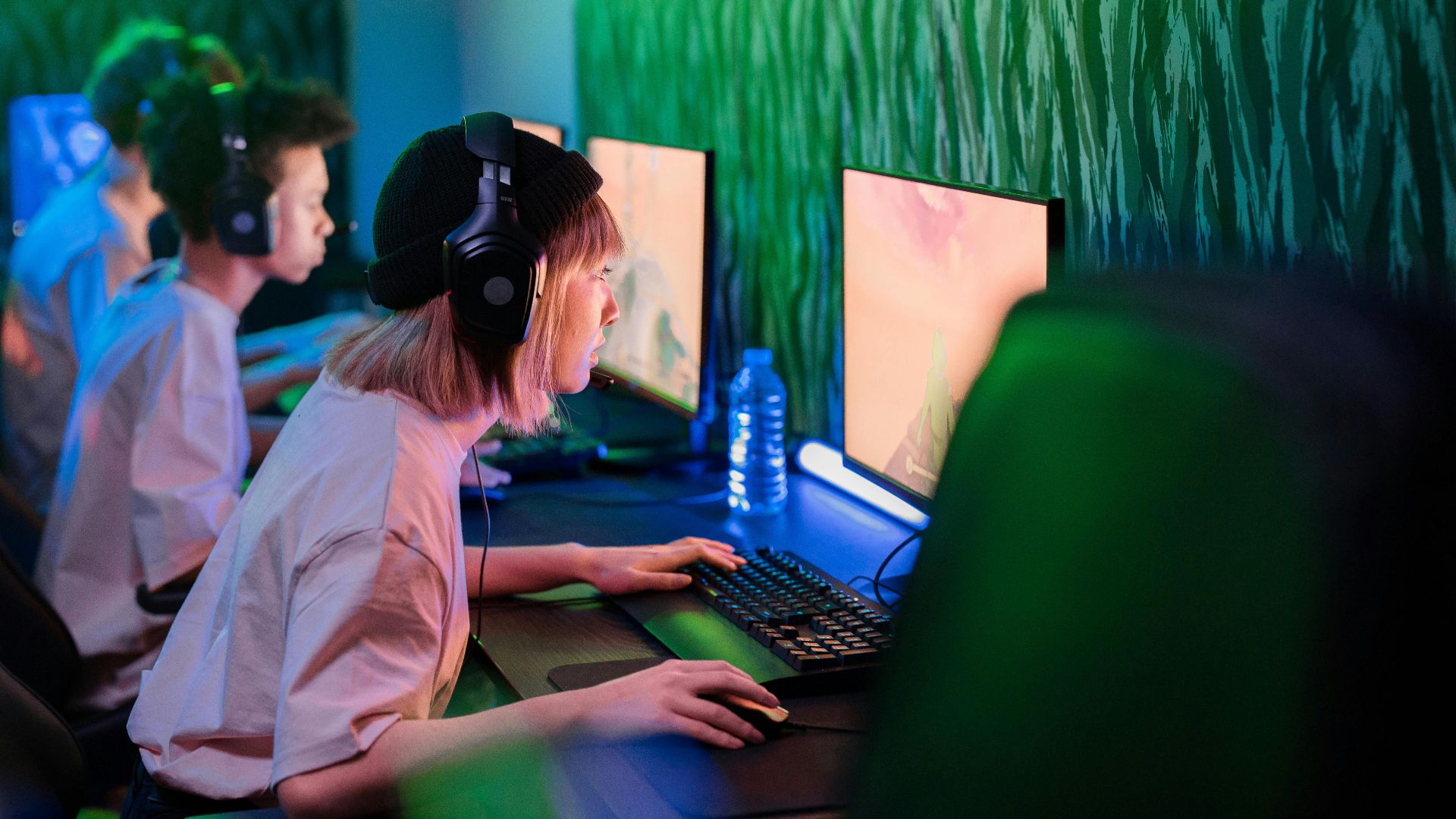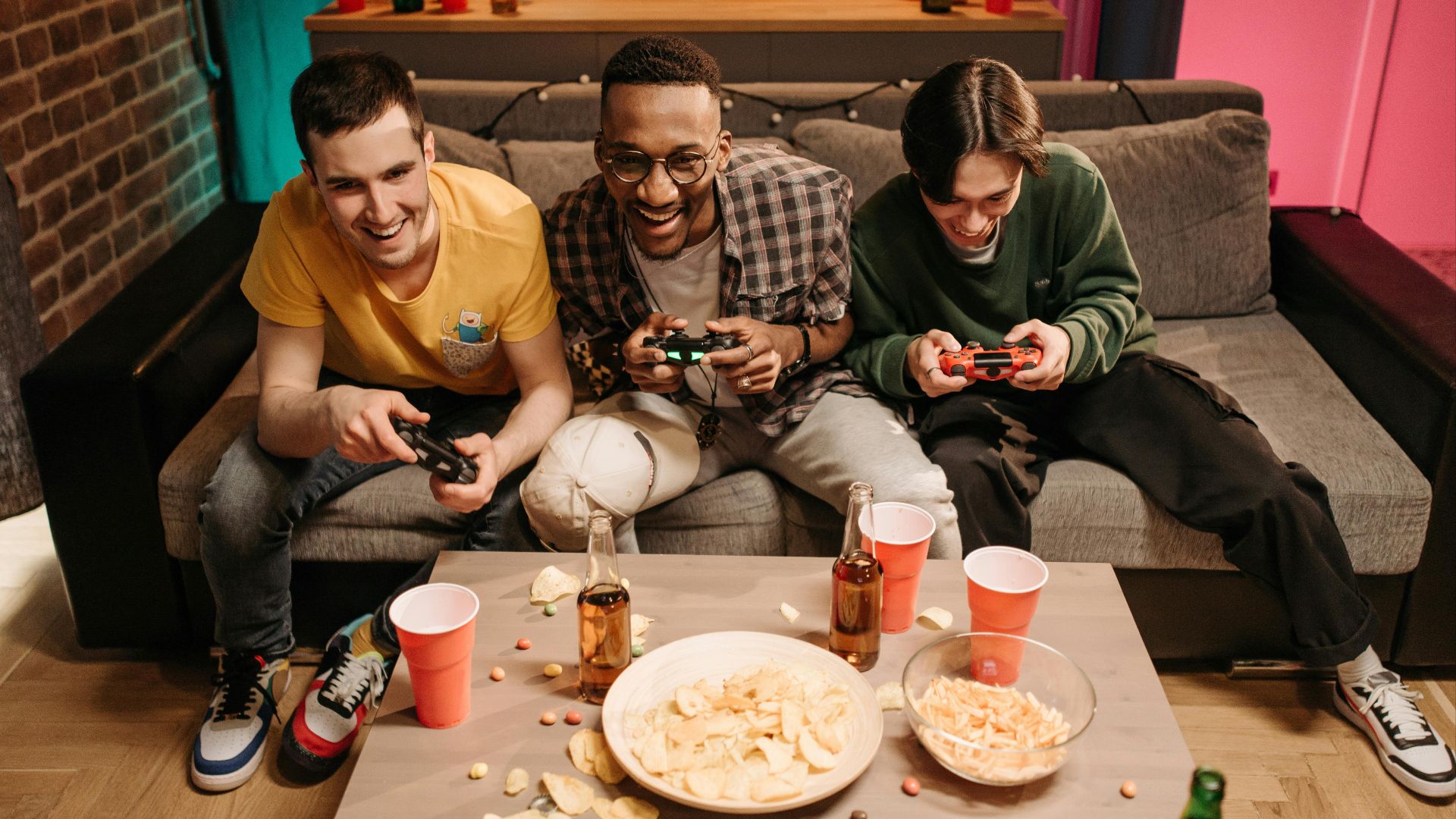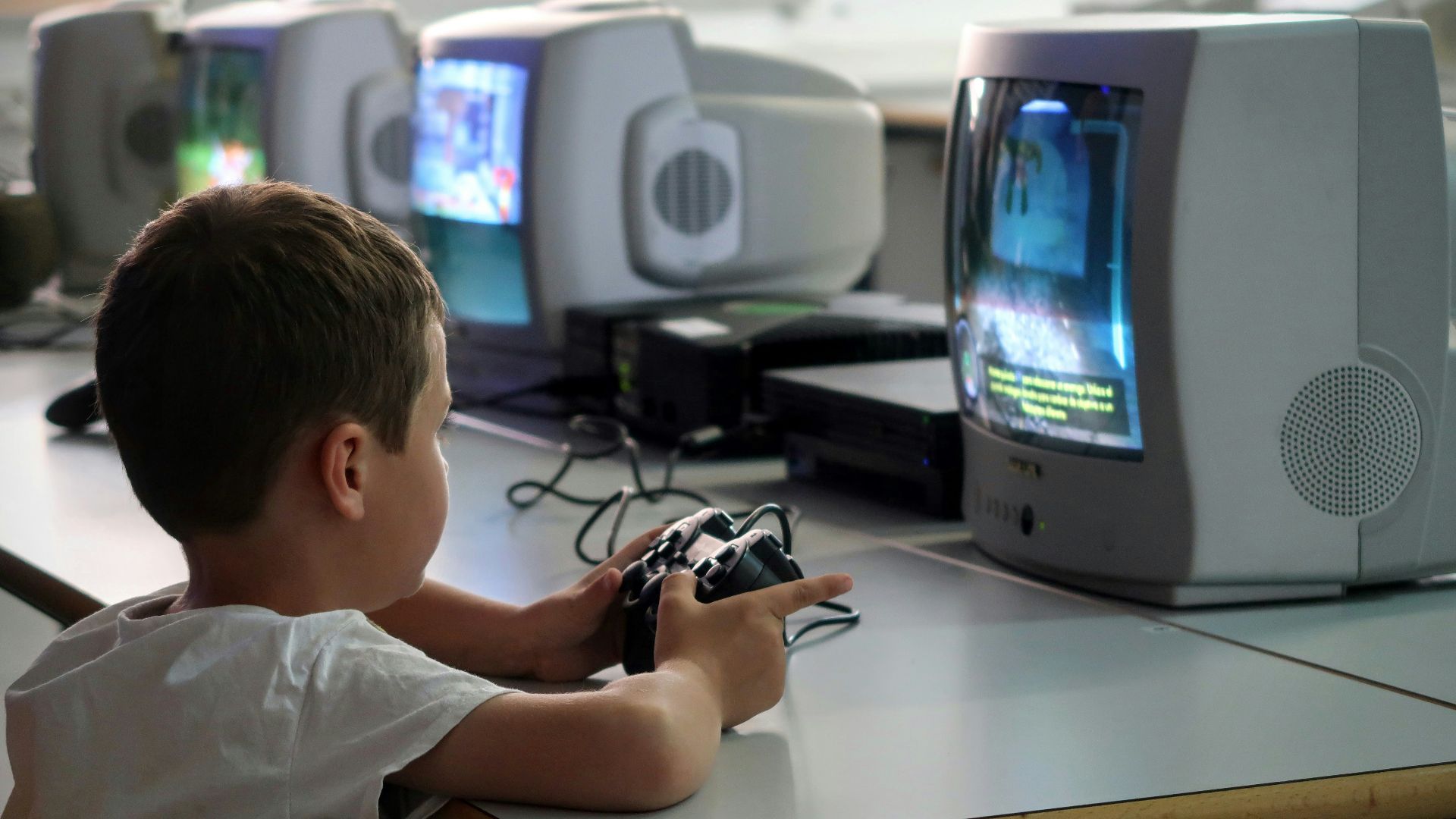Online multiplayer games give players a shield of anonymity that emboldens them to say things they’d never utter in person. This can lead to a toxic environment where insults, slurs, and flaming run rampant. In popular shooters like Call of Duty or Fortnite, a simple mistake can trigger players to unleash a barrage of insults, turning a fun session into a verbal lashing. The anonymity encourages some to act cruelly without facing real consequences, creating a hostile space for your kids. Research shows that 76% of adult players have experienced harassment in online multiplayer games, highlighting just how widespread this issue really is.
Pressure Cooker Competitiveness
The drive to win can quickly morph into toxic behavior when the stakes feel high. Games like League of Legends or Valorant can become pressure cookers where every move is judged harshly. Kids get caught in a whirlwind of frustration, either from their own performance or their teammates’ rage.
And it’s not just kids; adult players sometimes get heated, too. This constant intensity floods the gaming space with aggressive language, which can erode confidence and teach that aggression is acceptable.
Social Exclusion and Cliques
Online gaming functions not only as a virtual battleground but also as a social hub. Cliques form easily, with established players excluding newcomers. Through no fault of their own, your child might find themselves ghosted within their own squad. This subtle form of toxicity, where the harm comes from exclusion rather than insults, is often overlooked but incredibly painful.
Imagine your kid glowing after a win, only to realize no one invited them to join next time. That sting of rejection is real, even behind a screen. Studies reveal that social exclusion in multiplayer games contributes significantly to players quitting or avoiding certain communities.
Cheating and the Frustration Factor
Nothing kills the joyful spirit of gaming faster than a cheater blowing up the map or exploiting glitches to ruin a fair game. Games like Minecraft, Valorant, or Apex Legends sometimes suffer from hackers who spoil matches. Your child might spend hours practicing, only to be overshadowed by someone using cheats. It’s demoralizing and completely out of their control because developers can’t catch every cheater instantly.
According to data from 2023, cheating and tampering were among the most common toxic behaviors encountered by players in the US, UK, and South Korea, affecting about three-quarters of multiplayer gamers.
How to Shield Your Kids
Open communication is your best defense. Even if you don’t find it particularly interesting, ask your kids about their gaming days. Setting screen time limits also helps, especially since almost 59% of gamers use muting or blocking features to handle toxicity. Use parental controls on gaming platforms to block or mute toxic players. Encouraging kids to join communities with positive reputations matters, too, as nearly 30% of players avoid toxic communities altogether. Finding these healthier spaces can make a huge difference in your kid’s gaming experience.
Understanding the scope and impact of toxicity through these research-backed findings can equip you as a parent to protect your children while supporting their gaming interests. Toxicity goes beyond bad manners and can adversely affect mental health, community engagement, and your kids’ fundamental enjoyment of gaming.










